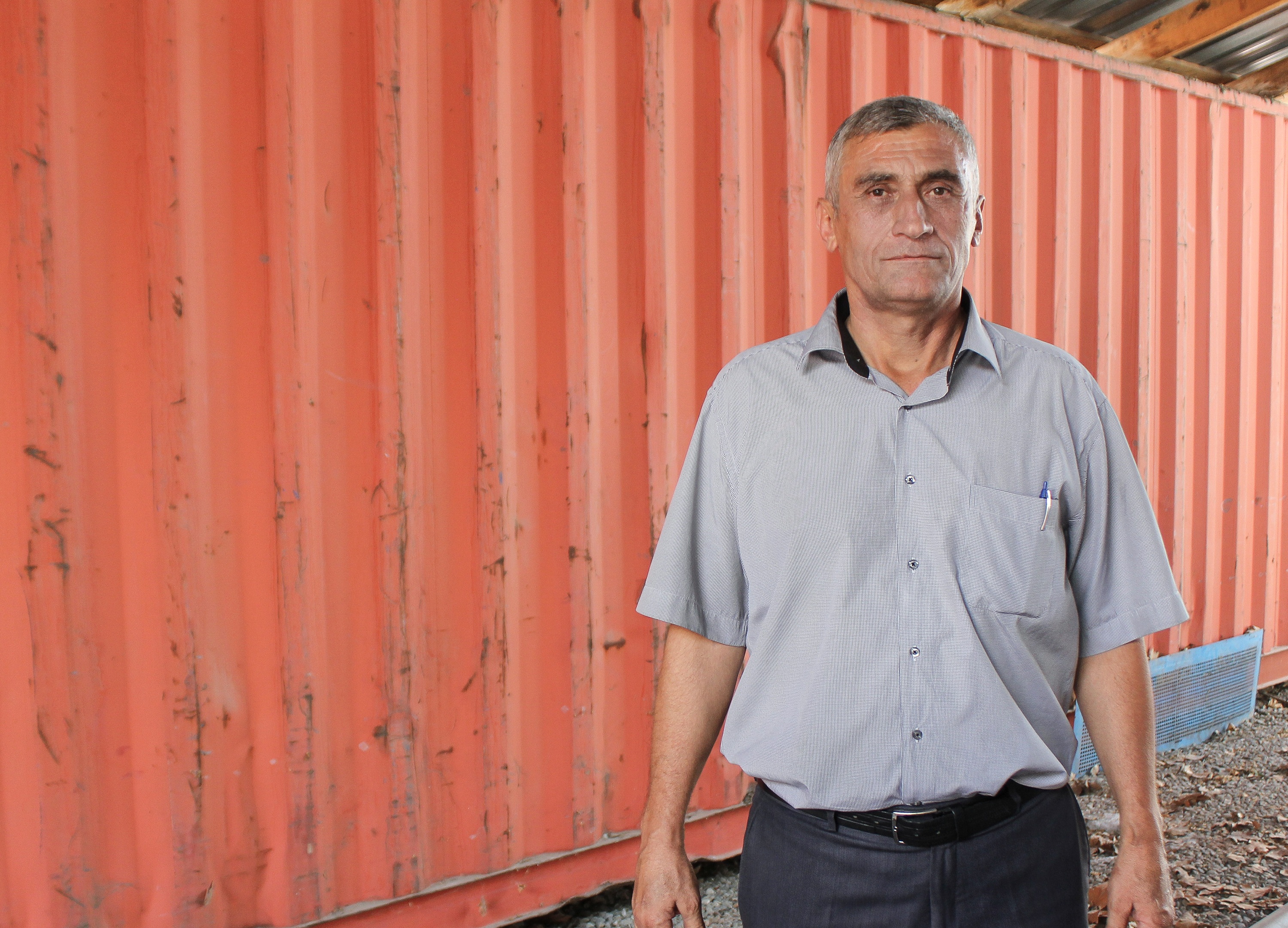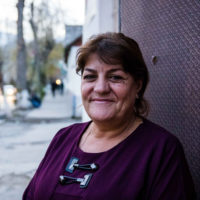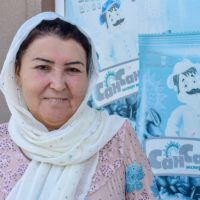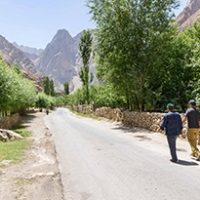Tajikistan, a landlocked country in Central Asia, is often characterized by its peaks, rugged terrain, and untouched landscapes. The country is rich in fresh water resources with an abundance of rivers, lakes, and glaciers. Nonetheless, access to safe, clean water remains one of the country’s greatest challenges, particularly in rural areas.
AN ABUNDANCE OF WATER YET LITTLE TO DRINK
Much of Tajikistan’s water infrastructure was constructed before the 1980s with limited maintenance since the collapse of the Soviet Union. Piping made of iron has led to recurring rust build up, corrosion, and functional failure, with high risks of contaminating the water with toxic metals that can lead to chronic health issues. Without a viable alternative, households must dedicate significant amounts of income for haphazardly non-piped water throughout the country, incurring additional costs for water purification and transportation, as well as valuable time spent, primarily by women and girls, away from school, work, and family to fetch the water.
THE POWER OF WATER TO TRANSFORM LIVES
In 2010, Mr. Abdulo Sharipov, a 47-year-old tradesman working with telecommunications in Dushanbe, founded and registered his small businesss, Impex Telecom. Shortly after starting his enterprise, he recognized the country’s demand for safe, higher quality drinking water and decided to take a chance and explore the new market.
Due to a shortage of funds and raw materials, Mr. Sharipov applied for a $70,000 loan from the First Microfinance Bank (FMFB) and a license from authorities for his business to produce plastic water pipes. The loan, drawing from ESCoMIAD’s support for the bank’s SME loan portfolio, allowed Mr. Sharipov to hire family and community members struggling to find employment and recruit a technical expert to train the new staff.
Since its launch, the company has made remarkable strides transitioning into water infrastructure, both financially and socially. Looking back to the start, Mr. Sharipov is most proud of expanding the target market for his products from small households to public institutions. Today, Impex Telecom provides and installs customized pipes across the country, with demand particularly high in the Vahdat, Rudaki, and Gissar districts of Tajikistan. The company is currently increasing its volume and variety of production with higher capacity, specialized equipment to manufacture larger pipes, and pipes of different diameters to continue growing its client base and quality while decreasing costs.
THE BIGGER PICTURE
Impex Telecom has also adopted smart, eco-friendly practices, using 50% recycled material in their products by reusing plastic waste from local construction companies. Over the past 8 years, Mr. Sharipov has created 20 jobs for 6 women and 14 men—many of whom were previously working in Russia. Now able to earn an income locally, his staff can stay at home with their families, preventing possible long-term negative impacts fueled by the absence of a main caregiver.

Over the past 8 years, Mr. Sharipov has created 20 jobs for 6 women and 14 men—many of whom were previously working in Russia. Now able to earn an income locally, his staff can stay at home with their families, preventing possible long-term negative impacts fueled by the absence of a main caregiver.
In rural areas, the company’s pipes are mainly used for irrigation and agriculture and work towards increasing access in some of the most vulnerable communities.
Through an investment of $1 million in FMFB, USAID’s contribution to ESCoMIAD has enabled 57 loans totaling $3,109,000 being disbursed to Tajik entrepreneurs and businesses.
By investing in local people and economies, ESCoMIAD is helping create a cycle of growth and development—expanding both social and financial opportunities for people in Tajikistan.
In 2014, the Aga Khan Foundation and the U.S. Agency for International Development (USAID) launched a Global Development Alliance (GDA) entitled Economic and Social Connections: A Multi-Input Area Development Financing Facility for Tajikistan (ESCoMIAD). Since then, ESCoMIAD has improved lives for people living in Tajikistan.


